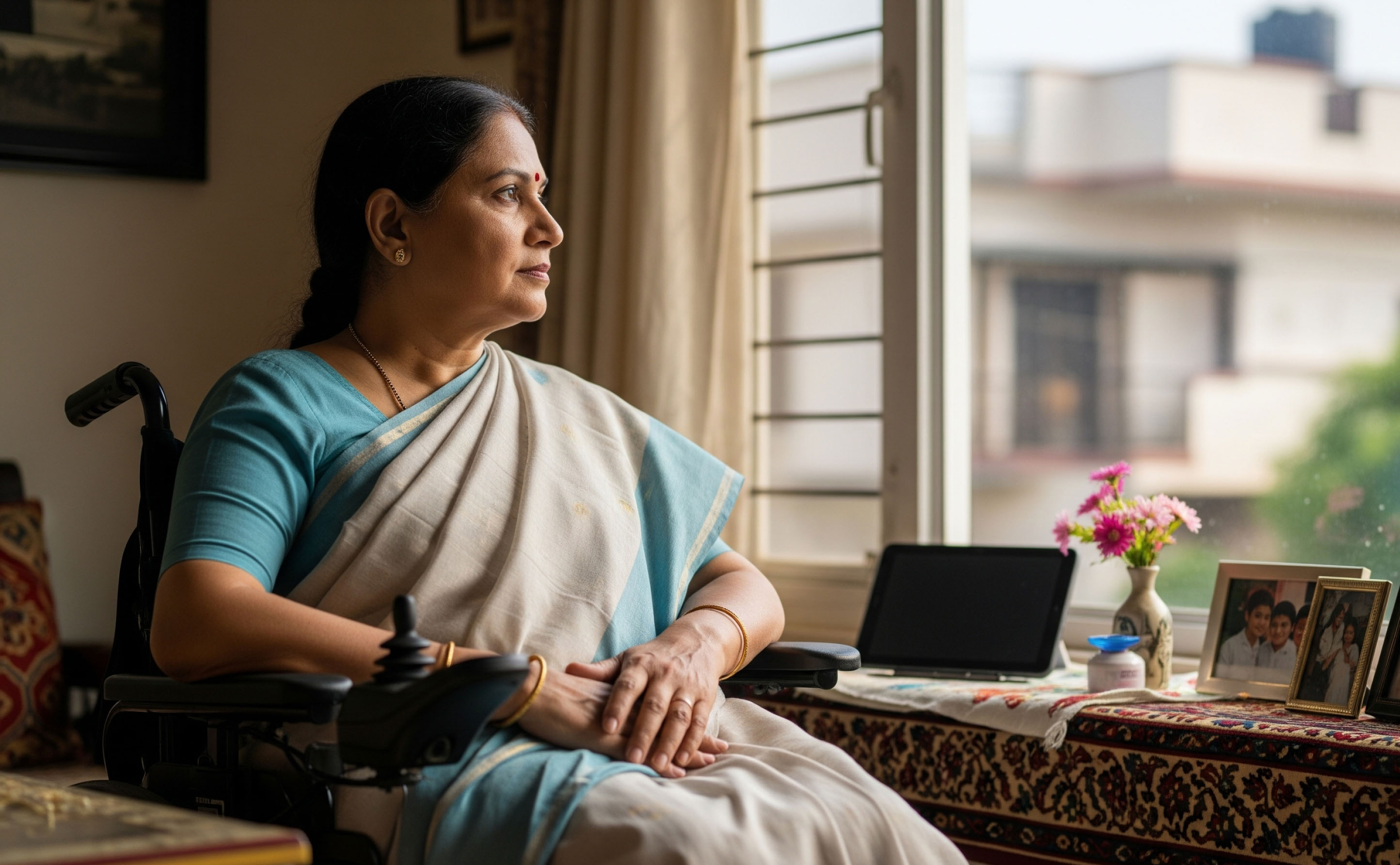
Motor Neuron Disease (MND) impacts every aspect of a person’s life—not only physically, but also emotionally and socially. Home modifications play a crucial role in enabling people living with MND to continue their routines with dignity and minimal strain. By tailoring the home environment to individual needs, these adjustments support mobility, accessibility, and comfort, ultimately allowing individuals to remain active participants in their own lives.
A thoughtful approach to home modifications begins with understanding the daily challenges faced by those affected. From navigating stairs to managing basic hygiene and communication, each intervention is designed to address specific barriers. Consultation with occupational therapists and healthcare professionals ensures that modifications are safe, effective, and aligned with each person’s lifestyle and capabilities. The goal is not only to adapt the home, but to enhance independence and confidence.
Home Modification
Motor Neuron Disease affects every part of a person’s life—physically, emotionally, and socially. Home modifications help people with MND maintain routines with dignity and comfort, supporting mobility, accessibility, and independence.
A careful approach begins with understanding daily challenges. Consultation with occupational therapists ensures modifications are safe, effective, and tailored to each individual. The aim is to enhance confidence and autonomy, not just adapt the home.

Key home modifications include entryway ramps for easier access to and from the home, electronic stair rails to aid safe stair navigation, self-washing toilets and hands-free bathroom solutions, adjustable beds and recliner chairs with pressure-relief cushions, and height-adjustable tables for dining or work. Smart home devices can assist with controlling lights, doors, and curtains, while relocating essential rooms to the ground floor reduces strain. Hands-free phones simplify communication, and wheelchair-accessible furniture and spaces further improve usability. In addition, ongoing consultation with occupational therapists ensures continuous assessment and adjustments to meet changing needs.
These modifications not only reduce physical strain but also foster emotional well-being. By creating a home environment that supports autonomy, individuals can engage in daily activities more confidently. Families and caregivers also benefit from these interventions, as they ease caregiving responsibilities and reduce the risk of injury.
"Beyond the physical care, it is also important to many of those affected that they maintain maximum agency, independence, and control."